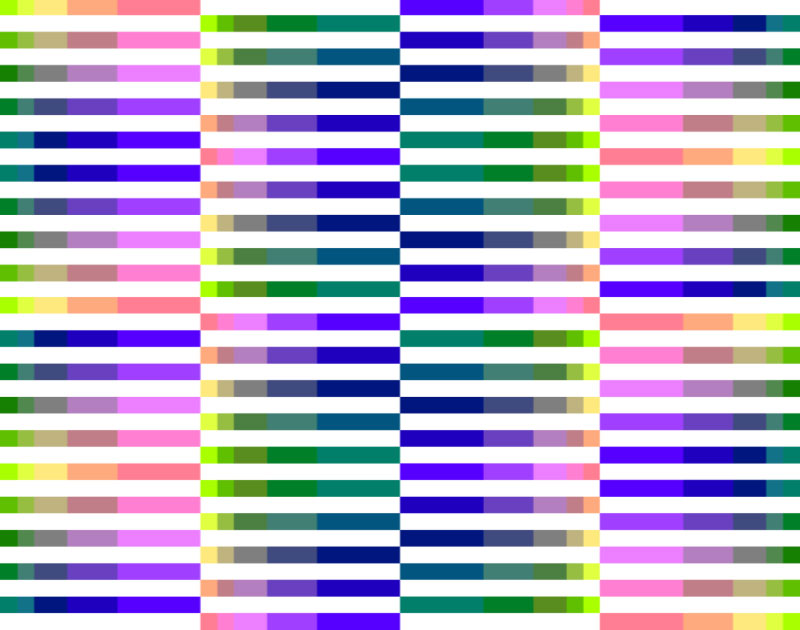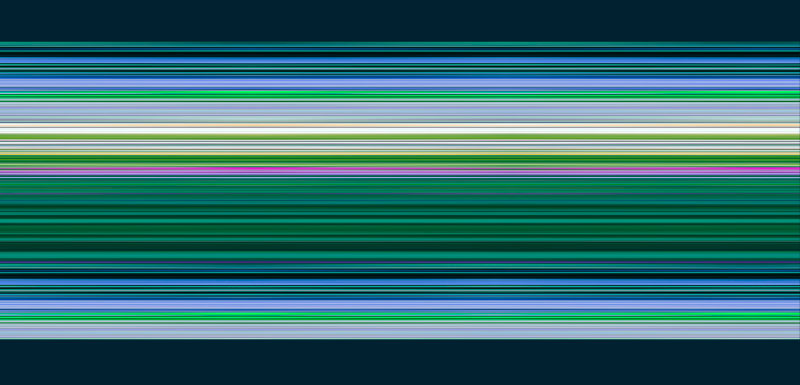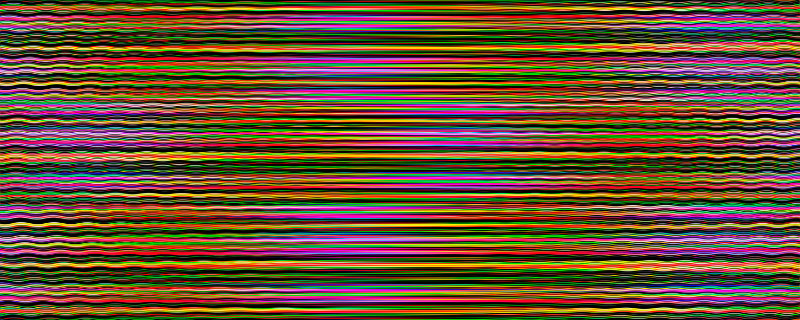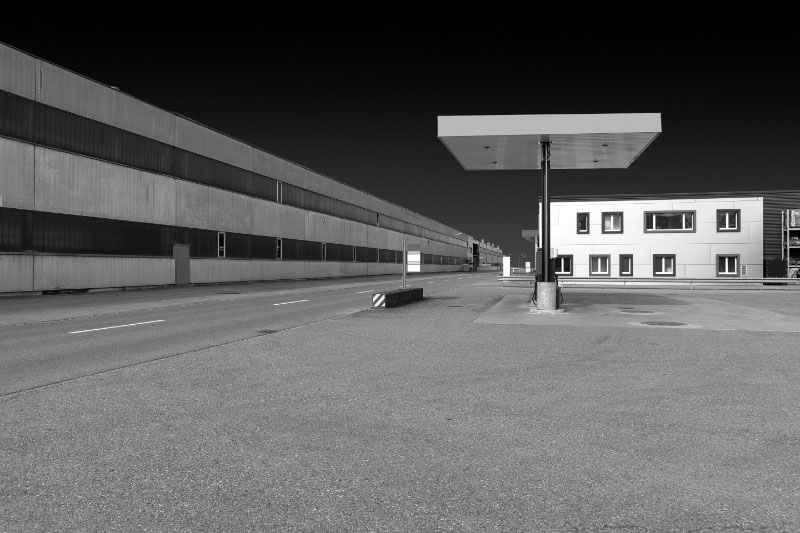Bruno Kaufmann studied Fine Arts, Art History and Art Education at the University of Zurich and the University of Fine Arts (now University of the Arts) in Berlin. In the following decades he worked as an artist, photographer and art teacher and is still working as an artist today. In 1993 he founded the Liechtenstein Art School and was its director for 15 years. Furthermore, at his suggestion the design branch of the Vocational Training School in Liechtenstein was founded. For several years he was a member of the acquisition committee of the Liechtenstein State Arts Collection and the Liechtenstein Art Museum as well as on the advisory board of the ArsRhenia Foundation. Today he is on the advisory board of Philately Liechtenstein. Bruno Kaufmann comes from Balzers and has lived there again since 1978. He is married and has two children and two grandchildren. Among other things he enjoys reading non-fiction and specialist books as well as feminist literature and listening to music of all kinds – except pop songs. He is 77 years old.
Where and how did you grow up?
I grew up in Balzers with a younger brother and a younger sister. Our father was a plasterer and our mother ran a textile shop.
Could you describe your professional background?
After my University Entrance Qualification in 1964, I began studying Art History and Pedagogy at the University of Zurich. From 1965 I studied Fine Arts and Art Education at the University of Fine Arts (now University of the Arts) in Berlin.
From 1970 I worked as a photographer for the consumer magazine Stiftung Warentest in Berlin. After my return to Liechtenstein in 1978, a year of various part-time jobs followed. From 1979 I worked as an industrial and advertising photographer at Ivoclar-Vivadent AG (dental factory) in Schaan. During this time I was preoccupied with the idea of founding an art school. So in 1987 I moved to the Liechtenstein Gymnasium in Vaduz as an art and craft teacher. Along the way, together with a working group of the Liechtenstein Art Society, I drew up the concept for an art school in Liechtenstein. After long preparatory work and with the help of the Liechtenstein Art Society as the intellectual sponsor, the Liechtenstein Art School opened in a trial run with me as head in 1993. Due to the rapid success of this school an art foundation course was added in 2002. I retired in 2008 and have since been able to devote myself entirely to the arts. Since the end of my studies in Berlin I have been almost constantly active as an artist and have been involved in exhibitions at home and abroad, carried out public art commissions and created some stamp series for Liechtenstein.
Were there certain events or activities that were formative for your career?
Yes, there were. I was about ten years old when I visited the exhibition of the Princely Collection in Vaduz and was deeply impressed by the paintings. I still remember well the paintings by Peter Paul Rubens, Anthony van Dyck and Frans Hals. I wanted to be able to paint like that one day, that’s what I wished for.
Were there certain people who were formative for your career?
Around kindergarten age I often drew at my grandfather’s who had given me crayons. An old man would visit him from time to time. I loved to draw cars with him.
Another important person was my aunt Lotti, who gave me an encyclopaedia of modern art. I was twelve years old at the time. This book opened up a whole new view of the world of art for me – from Impressionism to the trends of the 1950s.
In my studies there were three people who gave me essential impulses. These were Professor Walter Hess in whose lectures I gained significant knowledge about Paul Cézanne, as well as the writings of Max Bense, and a book on computer art that contained computer-generated graphics by Herbert W. Franke.
Has your environment supported you in your career?
There was a cousin of my mother’s who was a decorator by profession and also painted landscapes himself. He liked my drawings and paintings. So he recommended that my mother encourage this talent. That’s why I was allowed to attend painting courses with the painter Anton Ender while I was still at school. I only decided to study Fine Arts and Art Education shortly before my University Entrance Qualification. My parents weren’t exactly enthusiastic, but they didn’t put any obstacles in my way. It certainly helped that I wanted to study to become a secondary school teacher at the same time as studying Fine Arts.
What are your current activities?
I am retired and can now fully pursue my activity as an artist. I was never able to do that before.
Does what you are currently doing fulfil you?
Although my focus has always been on my artistic activity, I never wanted to be financially dependent on my art. So my life was marked by various professional activities. I have mainly worked in the creative field with only a few interruptions. For many years I earned my living as an advertising and industrial photographer. This enabled me to finance my art and the upkeep of my family. Later I worked as an art teacher and director of the Liechtenstein Art School until I retired.
I enjoyed all these activities. They enriched my life, but they also left me with limited time for my artistic activities. Since my retirement things have changed. I have never been as active artistically as I am now and that fulfils me completely.
Do you think that you yourself have an influence on whether your activities are fulfilling?
My job was and is fulfilling in that I simply follow a constant inner urge to be creative. That fulfils me. I constantly have ideas that I want to realise. At the same time creative activity is not always associated with feelings of happiness. It can be very exhausting and frustrating. In such moments it is important not to give up. Maybe then a break is needed. However, unsolved artistic problems are constantly buzzing around in my head. Often at moments when I don’t expect it, I suddenly see a possible solution or have new ideas. This can happen in the shower or while driving. I then set off to work on it again. The feeling of happiness comes when I feel that I have achieved my goal. Then it is a feeling of liberation. I am convinced that you only know such feelings if you have also experienced the opposite – failure and frustration.
When I realise that I’m not getting anywhere with my artwork, it sometimes helps me to look at my photographic work. Photography interested me a lot during my studies, especially in connection with photographic screen printing. However I never thought of working as a photographer after my studies, but looked for a job as an art teacher. Unfortunately that didn’t work out. So I found a job as a photographer more or less by chance. After my return to Liechtenstein I had a similar situation – no job as an art teacher, but instead as an advertising and industrial photographer. I enjoyed being a professional photographer very much. It was more than just a bread and butter job. Applied in the artistic field, I can show another side of myself with photographs – a more emotional, intuitive one, as opposed to the rationally emphasised one of my art.

Photography however also helps me to find new possibilities in my art, especially when it comes to finding colours. This is expressed above all in my colograms.

I also enjoyed teaching art. It was fascinating for me to see how positively young people in the art foundation course developed within a year. There were some who already knew at the beginning of the course exactly what they wanted to study or do professionally afterwards. But there were also some who first wanted to find out whether they were suitable for a creative profession or not. And there were those who had been affected and frustrated by the stress of general education and needed an orientation or bridging year. In the preliminary course the latter got to know a different way of learning to standard education. The teachers at the art school had the task of pointing out a possible career perspective for all of them. In most cases they succeeded. As an art teacher that was probably the best time in my life. So it was not easy for me to give up this activity after my retirement.
What or who inspires you in everyday life?
I find music very inspiring. I often compare my artistic work with that of composers. They create auditory structures and experiences, I create visual ones.

What or who gives you strength and energy in everyday life?
Since I am reasonably healthy, strength and energy come from within myself. The driving force is my need to discover new things. When a piece of art works well it’s a sense of achievement that gives me strength and confidence in myself. Of course my family, friends and dear acquaintances are also a source of strength. But I also draw strength from reading non-fiction and specialist books or listening to music.
There are ‘magic moments’ when everything seems to fit. Moments that fulfil, inspire and give strength. Moments that confirm that the effort is worthwhile and that what you do is meaningful and valuable. Have you already experienced such moments in relation to your own activities?
There is no such thing as magic in the true sense of the word. But when we are enthusiastic about something we speak, for example, of a magical effect, of people with wonderful charisma and the natural phenomena of a magical atmosphere. Situations or pictures can seem surreal and museums can have an aura. But in doing so, we only express a sensation that triggers something external in us.
It is similar with works of art. They too can exert a fascination on us that is sometimes difficult to explain in words. In such cases, one speaks of aura. But other people can feel quite the opposite way about the same works of art that have a magical effect on me. The conclusion is that the aura, the atmosphere is not something that is objectively attached to a person or a work of art, but is only present in our subjective perception. People who work in advertising or design know exactly how to address our sensations with their products in order to turn us into consumers. Artists also know how to appeal to the emotional side in people.
Do you actively do something for it, so that such ‘magic’ moments can happen?
My favourite thing is when such moments arise unexpectedly. But I can also bring them about for example by listening to my favourite music, going dancing, visiting a beautiful place, playing with my grandchildren and so on.
As a visual artist, I create works that are rationally determined. That brings with it the danger that I know the result in advance. I find that rather boring. So my favourite works are those that, although rationally planned, lead to results that I cannot foresee. These are moments that fulfil me.
The following example should serve as an unexpected magical experience. Since I need photographic material for my Composings*, e.g. for images with drawn architectural parts whose surface I want to furnish with photographed surfaces, I occasionally stroll through industrial areas on Sundays to photograph house facades and wall surfaces. While on weekdays there are a lot of cars in such areas and a lot of people on the road, on Sundays the industrial areas are usually deserted, dead. There are no engines to be heard. You are completely alone there. For me it had something surreal or even magical about it when I first noticed it. So years ago I started to edit photos from industrial areas to express this surreal or magical experience.

In the meantime a whole series of industrial areas, which do not even exist as such, has been created. They are mostly deserted. All the signs have been erased, the sky is black. This creates a magical atmosphere. To create such works I have to be active and visit industrial areas.
Are there moments when you doubt what you are doing?
Doubt accompanies me constantly. A work of art that I thought was good can suddenly seem uninteresting to me after a period of time has passed. How do I deal with this? Doubts help me to question myself and my works. I then look for answers by analysing the work and asking questions or by following a sensation that tells me something is not yet right. As soon as I can verbalise the reason, I also know what needs to be changed.
In retrospect, can you find something positive in difficult moments?
Difficult moments are there to be endured and resolved. One must always have the courage to take the risk of being disappointed by the result. If a work succeeds one is rewarded with a feeling of happiness. If the result disappoints and you give up, you are left with a feeling of failure. Looking back I can say that this attitude towards difficult moments has always paid off for me. It has had a positive impact on my work and made me stronger.
Is there anything you would do differently in retrospect?
This question is probably on most people’s minds. But you don’t know where you would be today if you had made a different decision earlier. For example I’ve often asked myself whether I should have studied somewhere else rather than in Berlin. At the time I felt as if I were in a place where contemporary art was passing by outside. Studying in the US would have interested me more. But I always come back to the fact that I had no other option in the situation at the time. So on the one hand I still have the feeling today that I missed something back then. But on the other hand I have to admit that the political situation of the 1960s and 1970s in Berlin had a great impact on me and thus became a part of my life.
Do you want to contribute to society with your activities?
I want to do that both as an artist and as an art educator. As an art educator, in short, I have always been concerned with letting young people, but also adults, participate in art and culture or giving them the opportunity to become creative themselves. In doing so I wanted them to experience that being creative themselves can give life a special meaning. If I succeeded, it was life enriching for those I taught.
As an artist I contribute to the current art scene with my works by putting them up for discussion in exhibitions. We are experiencing how important art and culture are for society right now, when cultural life is severely restricted by Corona. We have never been more aware of the importance of art and culture than now, when museums, galleries, theatres and cinemas are closed.
Is the recognition of other people or the public important to you?
It is always pleasant to be recognised by other people or the public. Professionally, it can be significant and it can confirm that you are on the right path. But you always have to keep a critical distance. Often praise is just a nicety. That doesn’t help you. Constructive criticism is rarely given. Which I regret. Recognition can also hinder you if the unspoken demand behind it is to continue as before. It feels like being nailed to the spot. I prefer honest criticism that forces you to check whether critical objections are justified or not. But in the end I have to be able to decide for myself what the right way is for me.
How well can you live from what you do professionally?
Although my focus was always on my artistic activity, I never wanted to be financially dependent on it. So my life was marked by various professional activities. Above all it was my work as a creative which I have always pursued with few interruptions. For many years I earned my living as a photographer. This enabled me to finance my art and the upkeep of my family. Later I worked as an art teacher until I retired. What I earned with my art I always used to create new works. That would never have been enough to live on.
Is there something that is particularly occupying you at the moment?
At 77 you look much further back into the past than forward into the future. I know what I have experienced. What the future will bring I don’t know, and I’m worried about that. I belong to a generation that has not experienced war and that has lived in good economic circumstances for the most part. But does that also apply to my children and grandchildren? I fear not. I observe the worldwide political development with great concern.
Is there something you would like to (increasingly) spend time on in the future?
I hope that I have a few more years left and that I can still see how my young grandchildren develop. Of course I also hope to continue to be artistically active according to my motto: ‘As long as I live, I create.’
What are you most grateful for in life?
Life is an adventure. So I am grateful to be able to live this adventure.
* A composing is a photograph whose image parts are taken from several different photos and copied together to form a single photo.
Interview
Laura Hilti, March 2021
Links
www.kaufmann.li
www.kunstschule.li
Credits
All pictures: © bruno kaufmann
This interview is part of the project ‘Magic Moments’ by Kunstverein Schichtwechsel, in which people are interviewed about their careers, activities and their magical as well as difficult moments.
Curated by Stefani Andersen and Laura Hilti, Kunstverein Schichtwechsel.
Supported by Kulturstiftung Liechtenstein and Stiftung Fürstl. Kommerzienrat Guido Feger.
>>> All interviews
